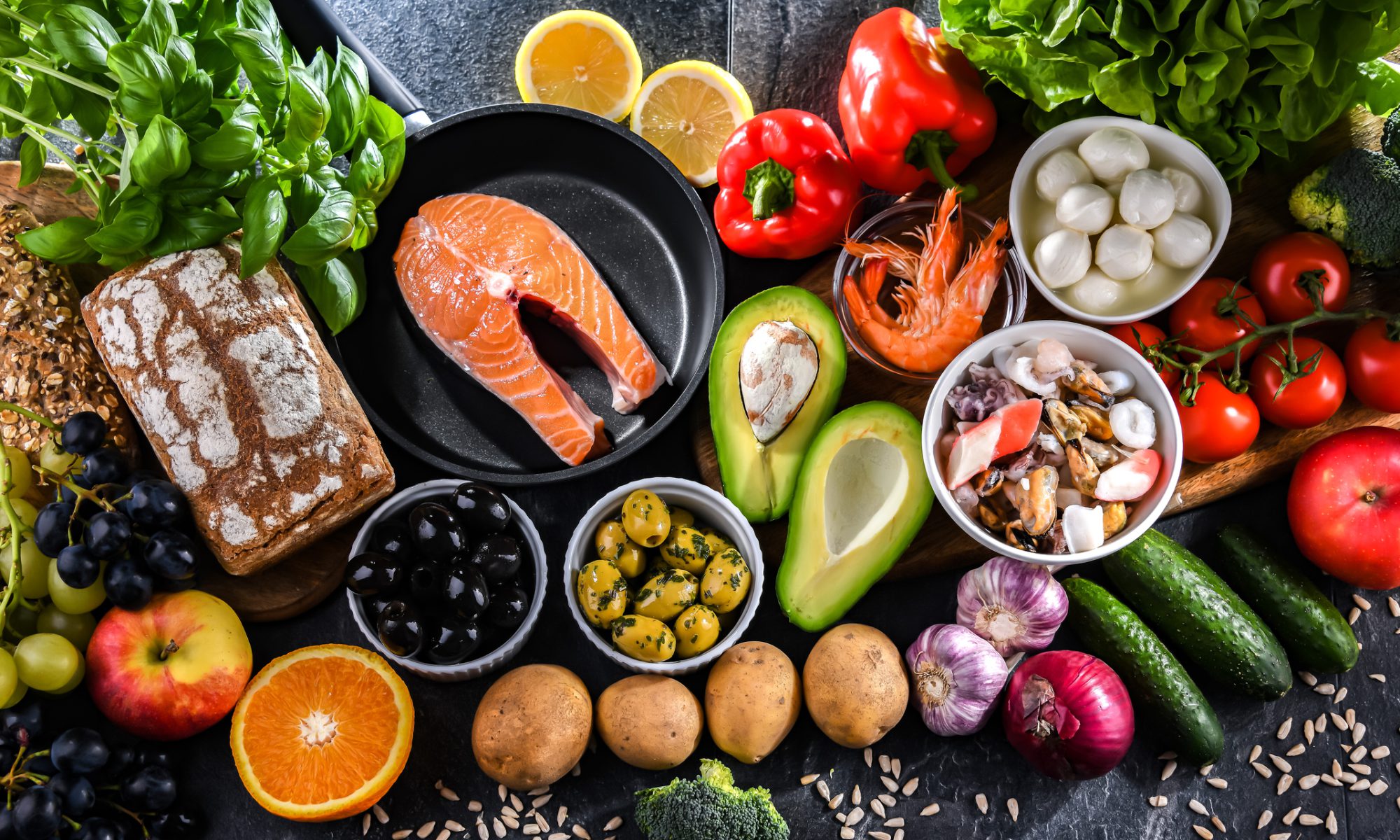By Michael Monostra
Adults who eat more foods associated with a Mediterranean diet have lower blood pressure, BMI and reduced cardiovascular risk, according to study findings published in Nutrition, Metabolism & Cardiovascular Diseases.
“Our data support the notion that the consumption of a Mediterranean diet may be beneficial for CV health, including in non-Mediterranean settings such as the U.K.,” Sarah Gregory, PhD, a postdoctoral research fellow in the Edinburgh Dementia Prevention program at University of Edinburgh in the U.K., and colleagues wrote. Read the article in Healio.





